
By MARI YAMAGUCHI Associated Press
TOKYO (AP) — Japan fully came out of a coronavirus state of emergency for the first time in more than six months as the country starts to gradually ease virus measures to help rejuvenate the pandemic-hit economy as the infections slowed.
At Tokyo’s busy Shinagawa train station, a sea of mask-wearing commuters rushed to their work despite an approaching typhoon, with some returning to their offices after months of remote work.
The emergency measures, in place for more than half of the country including Tokyo, ended Thursday following a steady fall in new caseloads over the past few weeks, helping to ease pressure on Japanese health care systems.
Outgoing Prime Minister Yoshihide Suga thanked the people for their patience and cooperation, and asked them to stick to their basic anti-virus measures.
“Once again, I seek your cooperation so that we can return to our daily lives feeling safe,” he said.

The lifting of the emergency marked a fresh start for some people.
Office worker Akifumi Sugihara, 46, said he is back to the train station for the first time in about a year. “I had been working from home for more than a year, and I came to the office in Tokyo as (the emergency) was lifted today,” he said. “It’s really been a while. I feel it’s a new start.”
Another office worker, Kaori Hayashi, 37, said it was an ordinary Friday. “In my mind nothing really has changed,” she said. “We still need to be careful. I will stay vigilant and carry on my life as usual.”
Japan is eager to expand social and economic activities while balancing the need to prevent another wave of infections as the weather turns cooler. Officials say the government still needs time to create more temporary COVID-19 treatment facilities and continue vaccinations to prepare for any future resurgence.
The emergency measures have mainly involved requests for eateries to curb alcohol and hours. They can now serve alcohol and operate an hour longer but still have to close at 9 p.m.
Daily reported cases have fallen to below 1,600 as of Wednesday nationwide — less than one-tenth of the mid-August peak of around 25,000. Experts attributed the declining numbers to the progress of vaccinations and to people increased their social distancing efforts after being alarmed by the collapse of medical systems during the summer.
Nearly more than 59% of Japanese people have been fully vaccinated. Japan has had about 1.69 million cases and 17,641 deaths from COVID-19.
Associated Press journalist Chisato Tanaka contributed to this report.
 How to watch UCF vs. Georgia Tech football livestreams: kickoff time, streaming deals, and more
How to watch UCF vs. Georgia Tech football livestreams: kickoff time, streaming deals, and more
 Julian Assange and the Banality of Access
Julian Assange and the Banality of Access
 Is 'Heretic' streaming? How to watch the A24 horror at home.
Is 'Heretic' streaming? How to watch the A24 horror at home.
 Best kitchen deal: Get 39% off the Ninja Foodi Smart XL Grill at Amazon
Best kitchen deal: Get 39% off the Ninja Foodi Smart XL Grill at Amazon
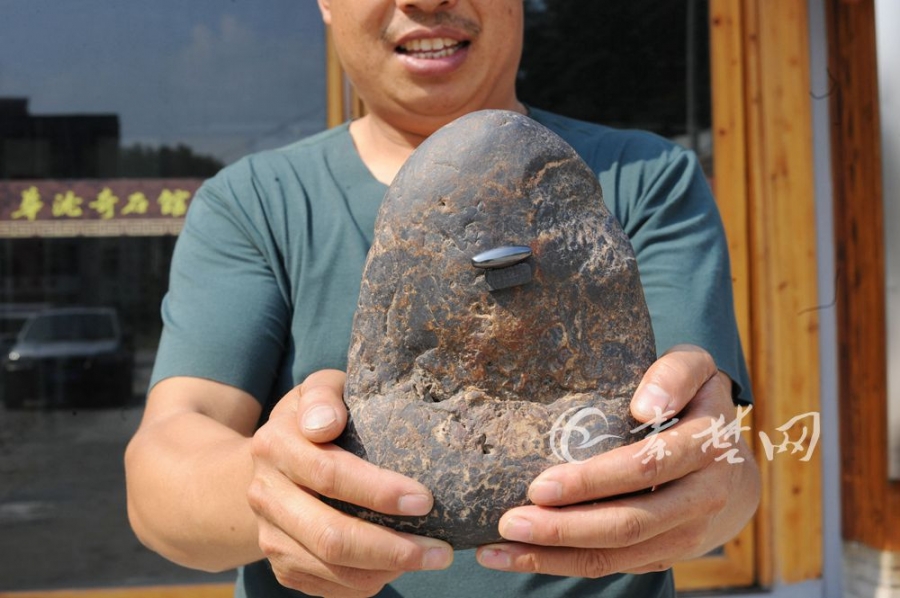 TV presenter interviews an empty chair to destroy no
TV presenter interviews an empty chair to destroy no
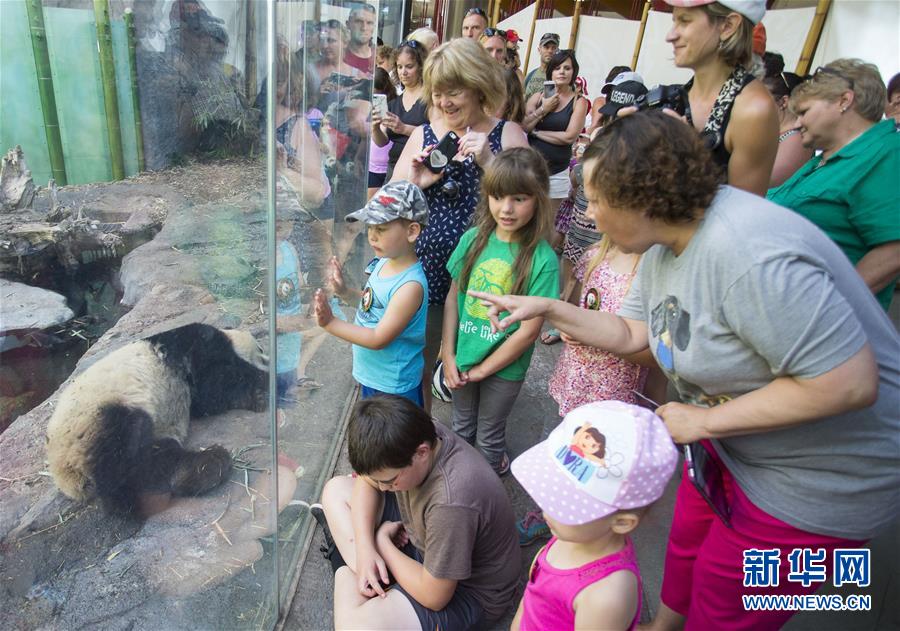 'Death Stranding 2: On the Beach' reveals new gameplay and a June release date
'Death Stranding 2: On the Beach' reveals new gameplay and a June release date
 Best kitchen deal: Get 39% off the Ninja Foodi Smart XL Grill at Amazon
Best kitchen deal: Get 39% off the Ninja Foodi Smart XL Grill at Amazon
 'Starve Acre's disturbing ending, explained
'Starve Acre's disturbing ending, explained
 Walmart Plus deal: Get $50 in Walmart cash when you sign up for a one
Walmart Plus deal: Get $50 in Walmart cash when you sign up for a one
 Stuff Your Kindle Day: How to get free books on March 7
Stuff Your Kindle Day: How to get free books on March 7
 Lives Are on the Line
Lives Are on the Line
 Julian Assange and the Banality of Access
Julian Assange and the Banality of Access
 Why are TikTok comments suddenly full of religious messages?
Why are TikTok comments suddenly full of religious messages?
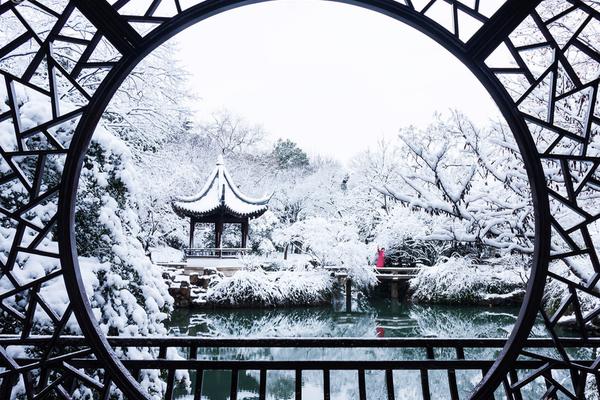 В League of Legends добавят особый титул в память об умершем чемпионе первого Worlds
В League of Legends добавят особый титул в память об умершем чемпионе первого Worlds
 Ireland vs. France 2025 livestream: Watch Six Nations for free
Ireland vs. France 2025 livestream: Watch Six Nations for free
 'Death Stranding 2: On the Beach' reveals new gameplay and a June release date
'Death Stranding 2: On the Beach' reveals new gameplay and a June release date
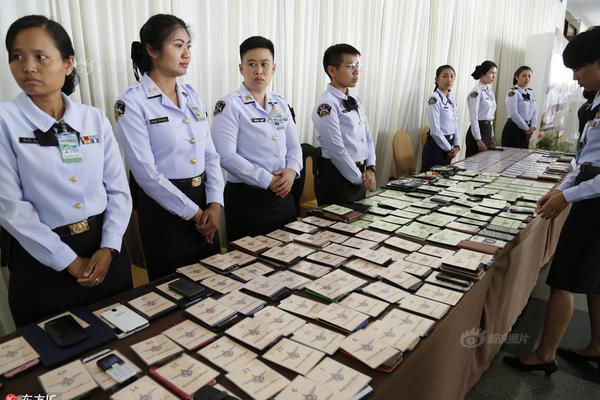 U.S. immigration services adding social media review for citizenship process
U.S. immigration services adding social media review for citizenship process
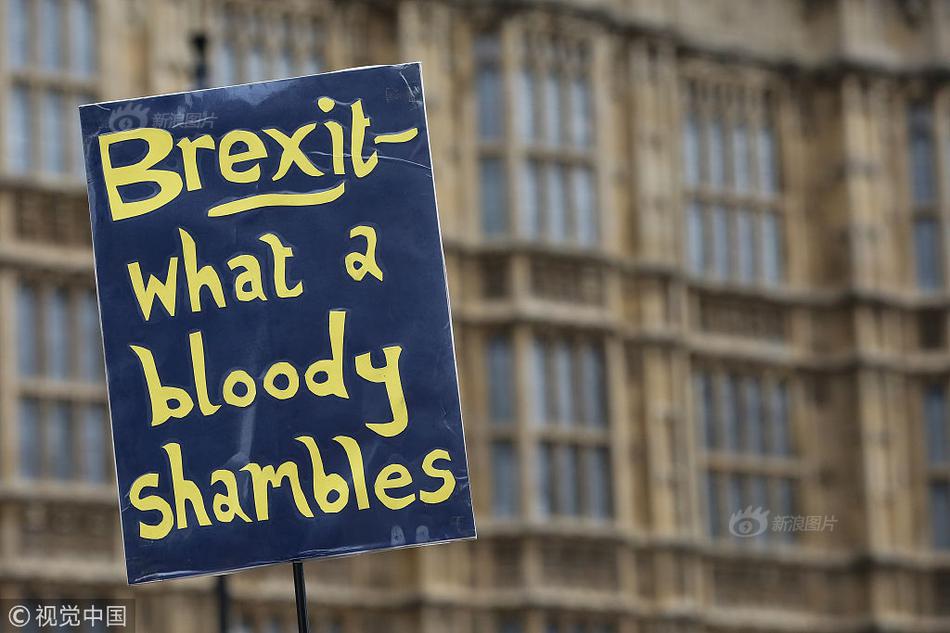 Rite Aid is now banned from using AI facial recognition tech
Rite Aid is now banned from using AI facial recognition tech
 U.S. immigration services adding social media review for citizenship process
U.S. immigration services adding social media review for citizenship process
KyberSwap Resumes Elastic Protocol, Backed By KyberDAO Security FundLACCD Board of Trustees Elects New Officers for 2024Survey: More Asian Americans Say They Have No ReligionTHROUGH THE FIRE: Sixteen Visits — More Travels to the Assembly CentersLittle Tokyo Wishing Tree Wishes Removed from Japanese Village PlazaSenshin Buddhist Temple’s Bon Odori This SaturdayBumper’s Breakthrough DeFi Protocol Set To Reshape Options PricingAsano Taiko U.S. to Celebrate 10th AnniversarySenshin Buddhist Temple’s Bon Odori This SaturdaySteel Meets with Sone Charlotte Hornets vs. Atlanta Hawks 2024 livestream: Watch NBA for free Why are people leaving Substack? Best Black Friday gift card deal: Free $75 gift card with Xbox Series X Best Black Friday laptop deals: M3 MacBook Air, Microsoft Surface Laptop 7, and more Best Black Friday deals at Best Buy: Sony earbuds gaming laptops, and more Best Black Friday Chromebook deals: Save on Asus, Lenovo, and more Wordle today: The answer and hints for November 30 Take an internet break this year AMC Black Friday deal: Get AMC+ for up to 75% off Ireland vs. Australia 2024 livestream: Watch Autumn Internationals for free
0.1503s , 9969.171875 kb
Copyright © 2025 Powered by 【hd ??? ??】Enter to watch online.Trains Packed with Commuters as Japan Fully Ends Emergency,